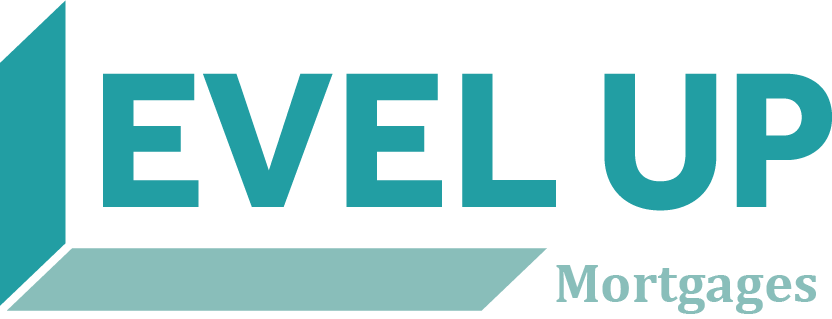What Credit Score Is Necessary For A Mortgage Approval?
Even though most strive to build up
a sizable sum for a down payment, most Canadians must rely on mortgage financing to buy a new property.
However, whether or not you are approved for a mortgage and the rates you obtain depend on your financial status, particularly your credit score. This page may teach you all you need about Canadian mortgage credit score criteria.
What Credit Score Is Necessary To Get Approved For A Mortgage?
As your credit score increases, your chances of obtaining a mortgage increase. If your credit is good, you may be sure of the following:
obtain mortgage approval
get a favorable interest rate
In Canada, credit ratings range from below average (about 300) to excellent (900). Any score over 660 is considered good, meaning you have a low likelihood of defaulting on your mortgage and are a trustworthy borrower.
The requirement for a standard mortgage is a credit score of 600. Depending on the lender and the type of mortgage, this varies. Despite the fact that some lenders would accept a bit less, more is always preferable. It is advisable to have a credit score of at least 700 when applying for a mortgage.
Your Credit Score and Your Mortgage
Your credit score might help or hurt your ability to get a mortgage. A strong credit score increases your chances of obtaining a loan over a negative credit score or no credit history. This is necessary so lenders can determine the likelihood of you failing on a home loan based on your credit score.
If your credit report demonstrates that you don't have much debt and make regular, on-time payments, you'll have a higher credit score and be seen as a low-risk borrower.
If you have a lot of debt and make late payments, your score will be lower, and you'll be seen as a high-risk borrower.
Naturally, banks don't want to provide huge loans to borrowers they think might be unable to pay them back. If so, the interest rate would be significantly higher to account for the risk.
These higher interest rates result in higher monthly mortgage payments and an overall cost rise.
What Are The Factors Considered When You Apply For A Mortgage?
However, while deciding whether or not to approve your loan, a lender will consider additional variables in addition to your credit score. Your credit score significantly influences the acceptance of your mortgage application. Other important components include:
Debt-to-income ratio – you're more likely to get away with having a credit score that is somewhat below average if you have little to no debt and a high income.
Examples of debt service ratios include your gross and overall ratios.
The amount required for the loan (a larger loan is riskier)
Your goal with the home you're buying
How long does amortization last
Your prior knowledge of debt management
Your background in your field
The cost of housing per month in your new home (mortgage payment, potential property taxes, potential utility bills, condo fees if necessary, etc.)
The burden of debt (credit cards, car payments, student debt, line of credit, etc.)
Stress-related test findings: You must show the lender that you can maintain your mortgage payments if interest rates increase. The lender will calculate your predicted interest rate plus 2%, or 5.25%, to see if they would accept you.
THE BOTTOM LINE
A good credit score will give you a better chance of being approved for a mortgage and getting a lower interest rate. The higher your credit score, the lower your interest rate will be. If your credit is bad, you could still be able to secure a mortgage, but the interest rate will probably be higher.
Level Up Mortgages makes it easier for new buyers, real estate investors, and even the self-employed to find the funding they need. If you are looking for conventional or private lending or mortgage financing in Canada, contact us today!

